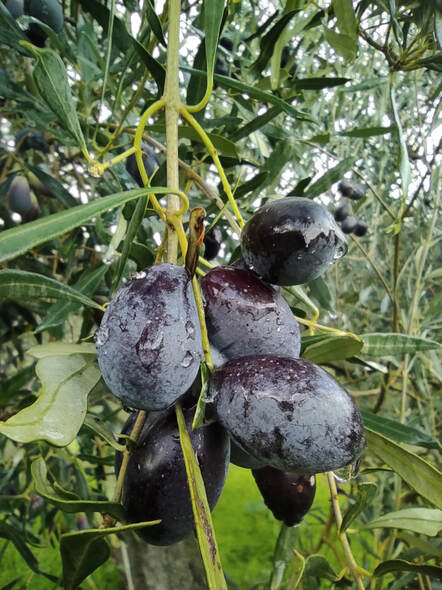|
This article mentions the difference between certified organic food and conventional food. It is important to mention that the organic food mentioned on www.soilandsun.co.uk is a certified organic food. Organic certification involves application of strict standards and an annual audit from an indepedent auditing on the application of these standards. Failing to follow these standards, farmer or grower are not allowed to trade their product as organic in other words they lose their organic certification status which proves that the product made by them is not anymore organic. A. Organic food are Heathy Organic foods are free from:
Organic foods have different appearances This difference mainly apply to fruits and vegetables. As a consumer you will see fruits with smaller size, cracks or blemishes on the surface. They do not look super shiny and do not have perfect shape but they look imperfect and real. Organic farming is environment friendly and sustainable Due to absence of these toxic pesticides, heavy metals, GMO, herbicides, the organic farming practically conserves the quality of the soil and water. There are reports mentioning that there is a huge contamination of the rivers in Europe with pesticides and they had been used several years before their detection and remain there. The environmental pollution made by pesticides, heavy metals and GMO is non reversible. Organic farming practices are sustainable, as the farmers/growers will not push nature with all its elements animals and trees/plants to produce more especially when there is a bad harvest season. Animal manure or compost are used to feed the soil and weeds are managed by rotating crops. Natural on the food label does not mean organic Many processor use various words such as Natural or Sustainable on the food label to make the consumers think that their products are organic. These foods are not certified organic foods and are full of ingredients from conventional farming which uses all these toxic chemicals starting pesticides i.e round -up to GMO and insecticides and heavy metals. We have an obligation to inform all the consumers about the huge benefits of organic foods to our health and our planet air, soil and water. Sources:
1. Human health implications of organic food and organic agriculture: a comprehensive review Environmental Health volume 16, Article number: 111 (2017) 2. Livestock antibiotics and rising temperatures disrupt soil microbial communities, Cary Institute of Ecosystem Studies 3. Food Preservatives and their harmful effects, Dr Sanjay Sharma, International Journal of Scientific and Research Publications, Volume 5, Issue 4, April 2015 4. Effects of Preservatives and Emulsifiers on the Gut Microbiome By: Angel Kaufman Spring 2021 A thesis submitted in partial fulfillment of the requirements for a baccalaureate degree in Biology in cursu honorum Reviewed and approved by Dr. Jill Callahan Professor, Biology 5. Pesticides and antibiotics polluting streams across Europe, by Damian Carrington, found on https://www.theguardian.com/environment/2019/apr/08 Comments are closed.
|
Archives
January 2023
Categories
All
|

 RSS Feed
RSS Feed
